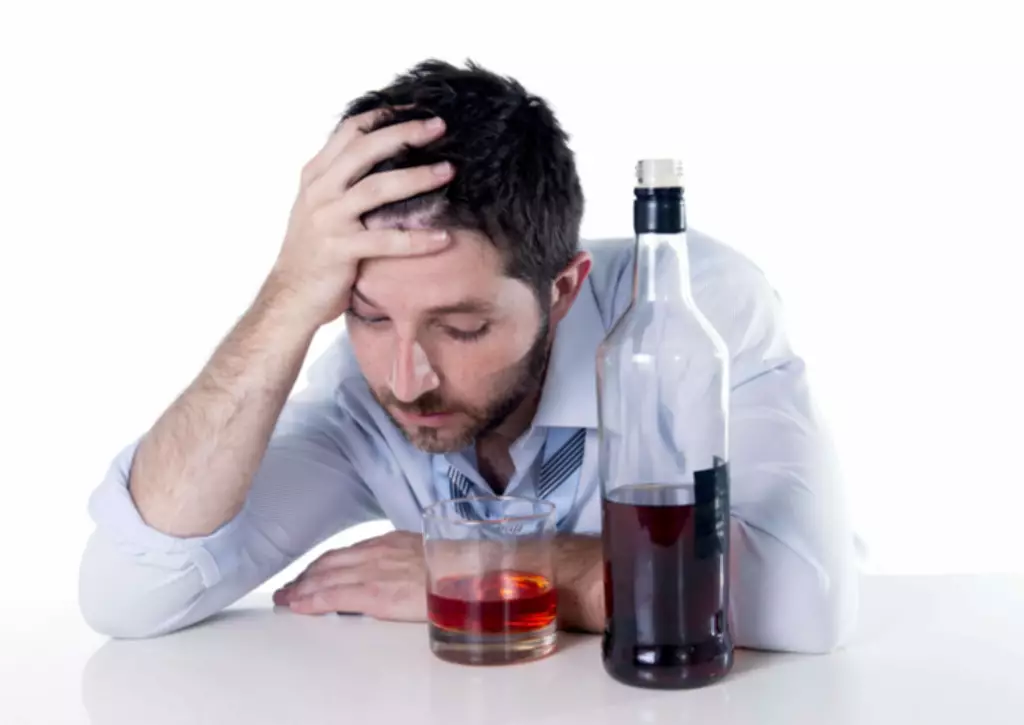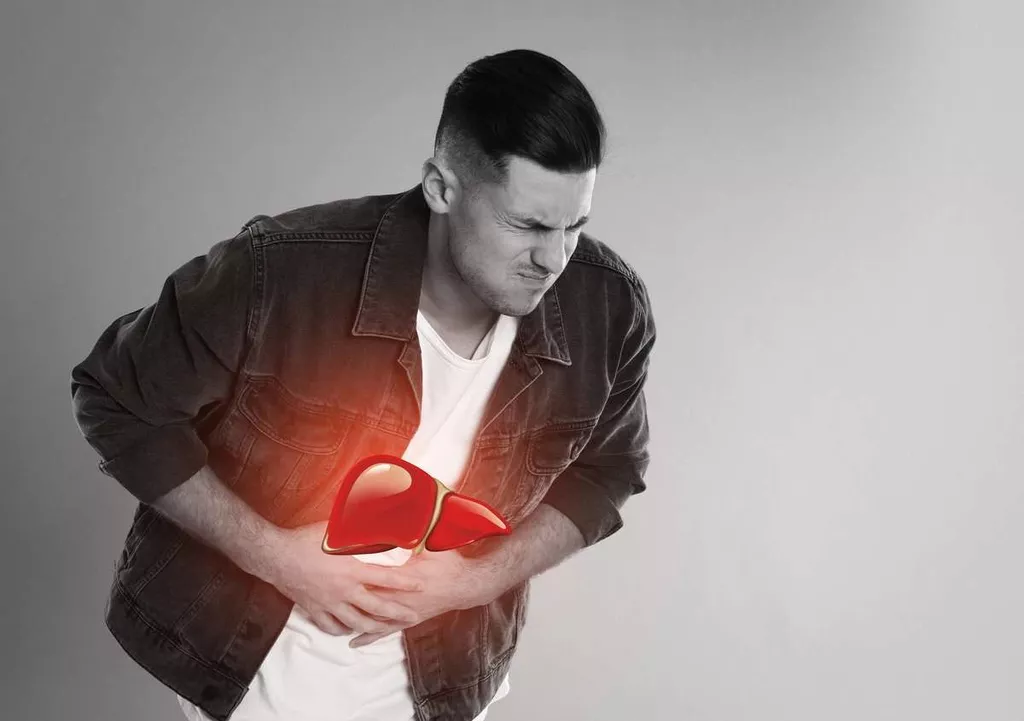
This shift in metabolic focus means that the calories from the alcohol are more likely to be stored as body fat. In reality, there’s no evidence that drinking beer (or your alcoholic beverages of choice) actually contributes to belly fat. How long bloating and other symptoms after drinking alcohol will depend on how many drinks one had and what they were. Usually, without additional reasons for the symptoms, like a digestive condition, the bloating from alcoholic drinks might only last a few days or even less. It can cause weight gain when you Drug rehabilitation consider which other foods are typically consumed with alcohol. Eating something with fiber, protein, and a little bit of healthy fat will control blood-sugar levels and curb those comfort food cravings.

Factors Influencing Weight Loss
Many beers are also high in calories, with craft beers like IPAs clocking up can you gain weight from drinking alcohol to 300 calories. Digestive secretions are an essential element of healthy digestion. They break down food into the basic macro- and micronutrients that are absorbed and used by the body. However, the effects of alcohol surpass even social drinking etiquette.
Food Sanity

Moreover, according to a 2023 study published in BMC Public Health (2), individuals who frequently engage in binge-drinking tend to have larger waist circumferences. Binge-drinking involves consuming a large amount of alcohol in a short period, often with the aim of getting drunk. Obesity was reported in slightly more than one-third of those who engaged in binge-drinking one or more times per week. Alcohol does not only make you gain weight but also impacts your weight loss by stopping your body from burning fat. However, increased energy intake from alcoholic beverages is not the main reason excessive alcohol results in weight gain. What’s more interesting is the number of ways excessive alcohol affects your weight indirectly.
Understanding Alcohol’s Caloric Content and Weight Gain
Aside from the immediate influence on appetite that comes from alcohol consumption, there are also effects on energy storage. Alcohol inhibits fat oxidation, suggesting that frequent alcohol consumption could lead to fat sparing, and thus higher body fat in the long term 62. However, the results of the various cross-sectional and longitudinal studies examined in this review do not unequivocally support such a hypothesis. Finally, there is also evidence to suggest that traits that predispose individuals to binge drinking may also predispose to binge eating 66. Cocktails mixed with sugary sodas or syrups tend to have more calories than plain beer or wine. These added sugars increase calorie intake, making some alcoholic drinks more likely to contribute to weight gain than others.
- For example, your adrenal glands, found on top of your kidneys, secrete cortisol, a stress hormone.
- A 4 oz (120 ml)margarita contains 168 calories, which is equivalent to consuming 34 grams of fried bacon.
- While recent research on humans is limited, past studies have suggested that different hunger-related hormones, like ghrelin and leptin, might be affected by alcohol consumption.
- There is no hard-and-fast rule about how much weight—if any—you will lose if you quit drinking for a month.
- “This is why some alcoholic drinks are called an aperitif,” Dr Zoe tells us.
Meet with a Registered Dietitian Nutritionist

This will help you avoid sedentary based weight gain after quitting alcohol. This might seem counterintuitive, but your body compensates for losing water by retaining water wherever it can. This results in swelling in soft tissues in your body, most noticeably in the face. Depending on how dehydrated you are, this may not significantly affect your weight, but it can affect your perception of weight gain by adding volume to your face. Weight changes are influenced by several factors, including age, genetics, diet, activity level and more.
Can You Gain Weight From Drinking Alcohol? Truths Uncovered Now
This is primarily due to the liver having to choose to process alcohol or glucose. As a result, when a person stops drinking there is a period of time during which glucose levels will start to normalize. A review by Yeomans 5 highlights some of the potential explanations for alcohol’s influence on weight gain or obesity.
Top 3 Reasons for Weight Gain After Quitting Drinking
- Most studies on alcohol’s effects on appetite have been conducted in animals.
- Over time, alcohol may make you gain weight if you drink it in excess.
- However, the most significant cause of weight gain in the stomach due to alcohol consumption is the empty calories your body has to burn off and then consume bad foods.
- Lowered inhibitions and the type of foods commonly eaten with alcohol can both lead to body weight gain.
The problem arises when these calorie-dense drinks are consumed in excess. Instead of being burned for fuel, these excess calories are often stored as fat. Alcohol does not cause weight gain the same way eating a donut does.
- Instead, changing your drinking habits can help you manage your weight.
- If you are going to drink beer, find a light beer with low carbs.
- The best way to do this is by doing cardio-intensive exercises like circuit training which boost your body’s metabolism.
- Other than that, choosing drinks less likely to cause bloating is another option.

This is because your body cannot store alcohol, so any food that is in your system while you consume alcohol will be put on hold. While your body deals with metabolizing and eliminating the toxic alcohol, all of the food you just ate (or ate semi-recently) will likely end up being stored as fat. Intake of alcoholic beverages can also inhibit proper digestive function. Research suggests that alcohol can lead to increased periods of wakefulness during sleep cycles.
Overall, the available experimental evidence reviewed in this article suggests that moderate intake of alcohol does not lead to weight gain. The systematic review by Bendsen et al. 3• suggests that this trend is less likely in experimental studies examining beer consumption exclusively. A modest increase in weight of one kilogram over a 10 week period seems insignificant but over five years this could result in up to 26 kg of weight gain if no compensation takes place. A summary of the studies examined in this article, organized by the trend between alcohol and weight gain/obesity can be found in Table 1. Over time, alcohol may make you gain weight if you drink it in excess. Heavy drinking may activate hormones that signal appetite, hunger, and stress.
The Truth About Non-Alcoholic Beer and Weight Gain
If you are someone who engages in drinking and want to lose weight, our dietitians will help you find a way to incorporate drinking into your lifestyle without sabotaging weight loss goals. Some people say alcohol consumption causes weight gain, and others say that’s a myth. Some even say drinking alcohol actually causes a decrease in weight. There are several direct and indirect ways that heavy drinking can make you gain weight or, more specifically, gain body fat.

